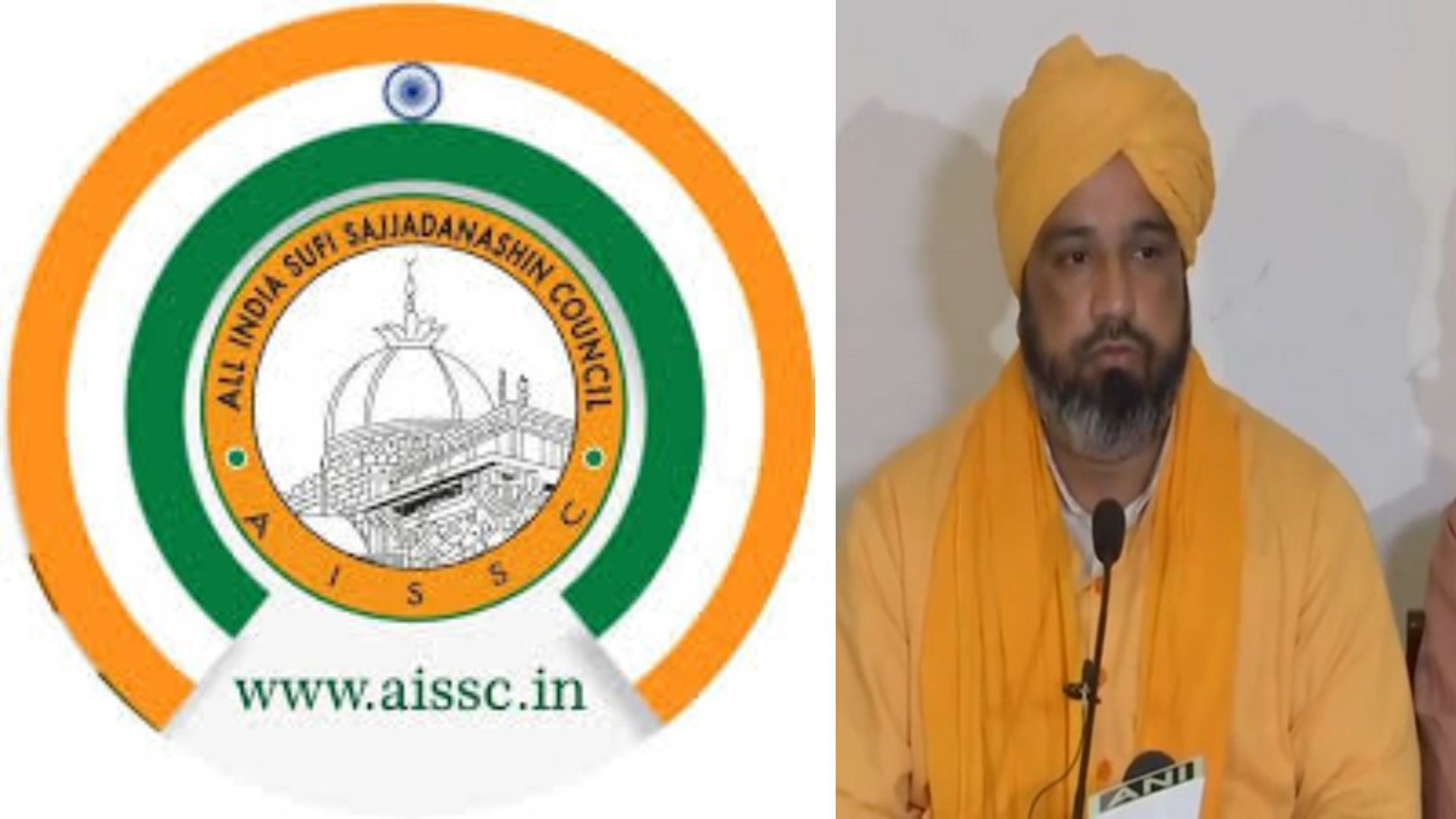
Chishty noted that the AISSC has consistently advocated for changes to the Waqf Act through various memorandums submitted to the Government of India. He highlighted that it is crucial to address and safeguard the status of dargahs, which are significant to the Muslim community. “It is essential that politics does not interfere with this issue, as it concerns the Waqf, which is deeply connected to Muslims. I urge all political parties and those opposing the amendments to engage in discussions and support the government in passing this bill,” Chishty stated.
The AISSC chairman also emphasized the need for transparency within the Waqf Board, citing various corruption issues associated with Waqf boards across different states. He expressed confidence that the amendments will address these concerns and benefit minorities and Muslims. “We welcome the government’s initiative to amend the Waqf Act. We have communicated with NSA Ajit Doval and are optimistic that the proposed bill will protect rights and combat corruption within the Waqf Board,” Chishty added.
On August 5, Parliamentary Affairs Minister Kiren Rijiju met with a delegation from the AISSC, which included prominent Sajjadanashins from dargahs nationwide. Rijiju described the meeting as productive and forward-looking, noting that the delegation praised Prime Minister Narendra Modi’s efforts for minority welfare and expressed their commitment to the vision of a developed India by 2047.
Top government sources indicate that the Waqf amendment bill is expected to be introduced after the Finance Bill, potentially this week. Prior to drafting the amendments, the government consulted with various Muslim intellectuals and organizations to ensure the reforms are comprehensive.
Key proposed changes to the Waqf Act include mandatory registration of Waqf properties with the District Collector’s office for better evaluation and monitoring. Additionally, the amendments aim to enhance inclusivity by ensuring representation of women on both the Central Waqf Council and state Waqf boards. This move is intended to promote greater transparency and accountability in the management of Waqf properties.















